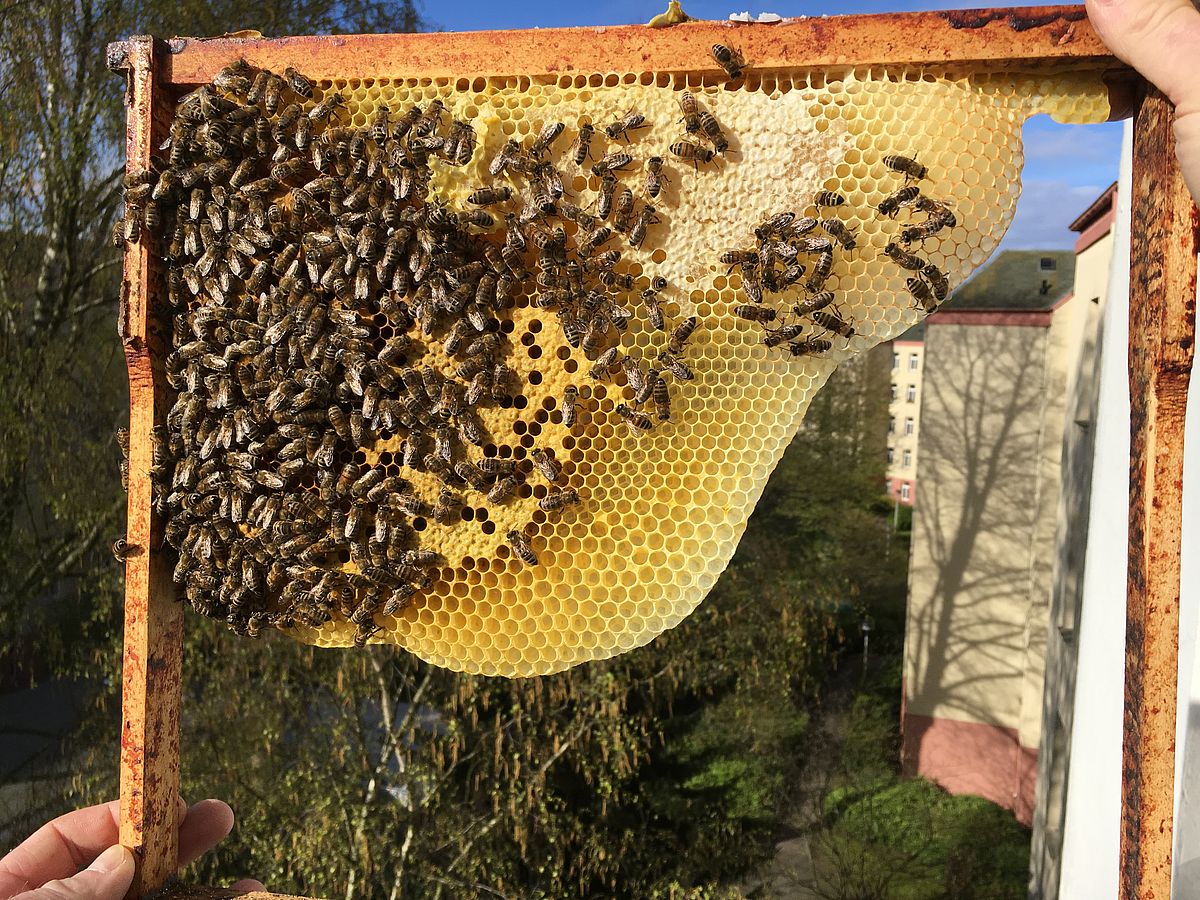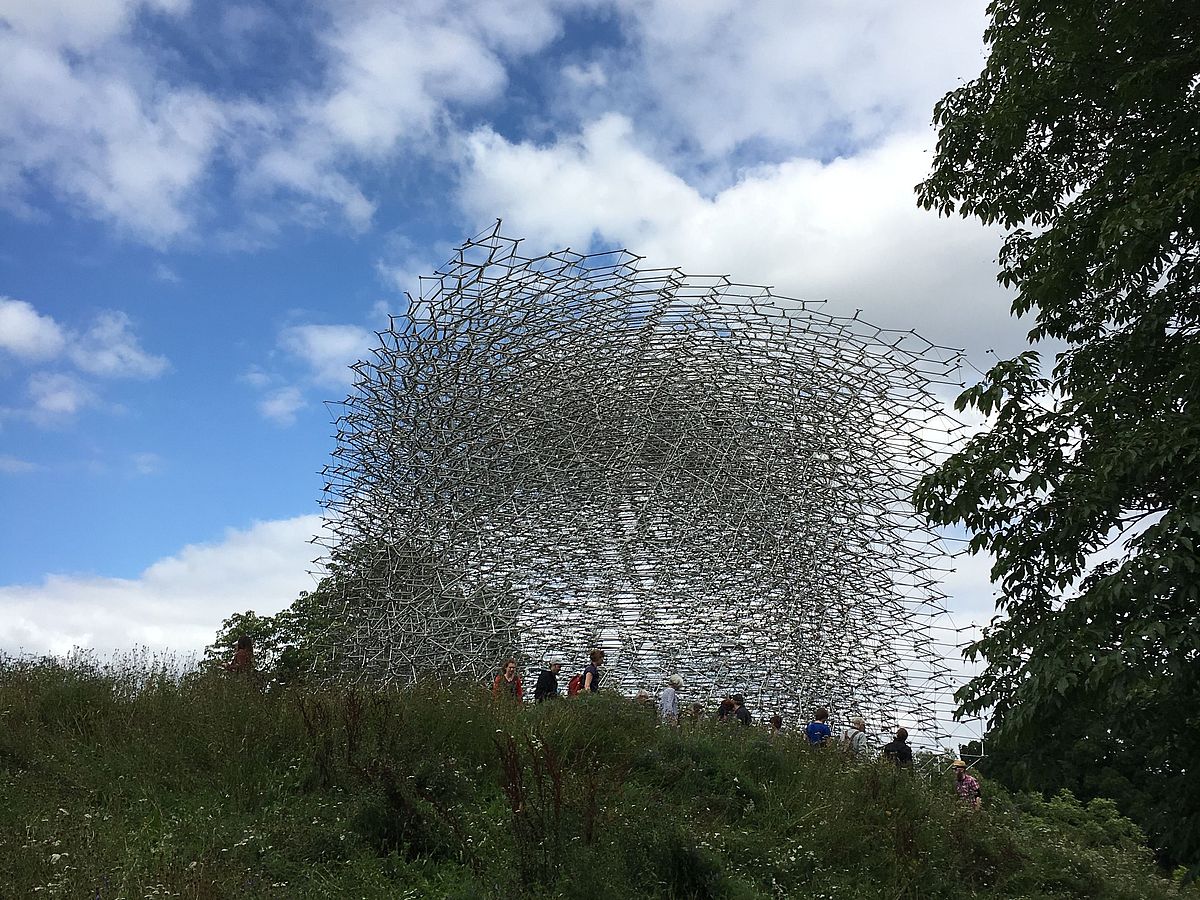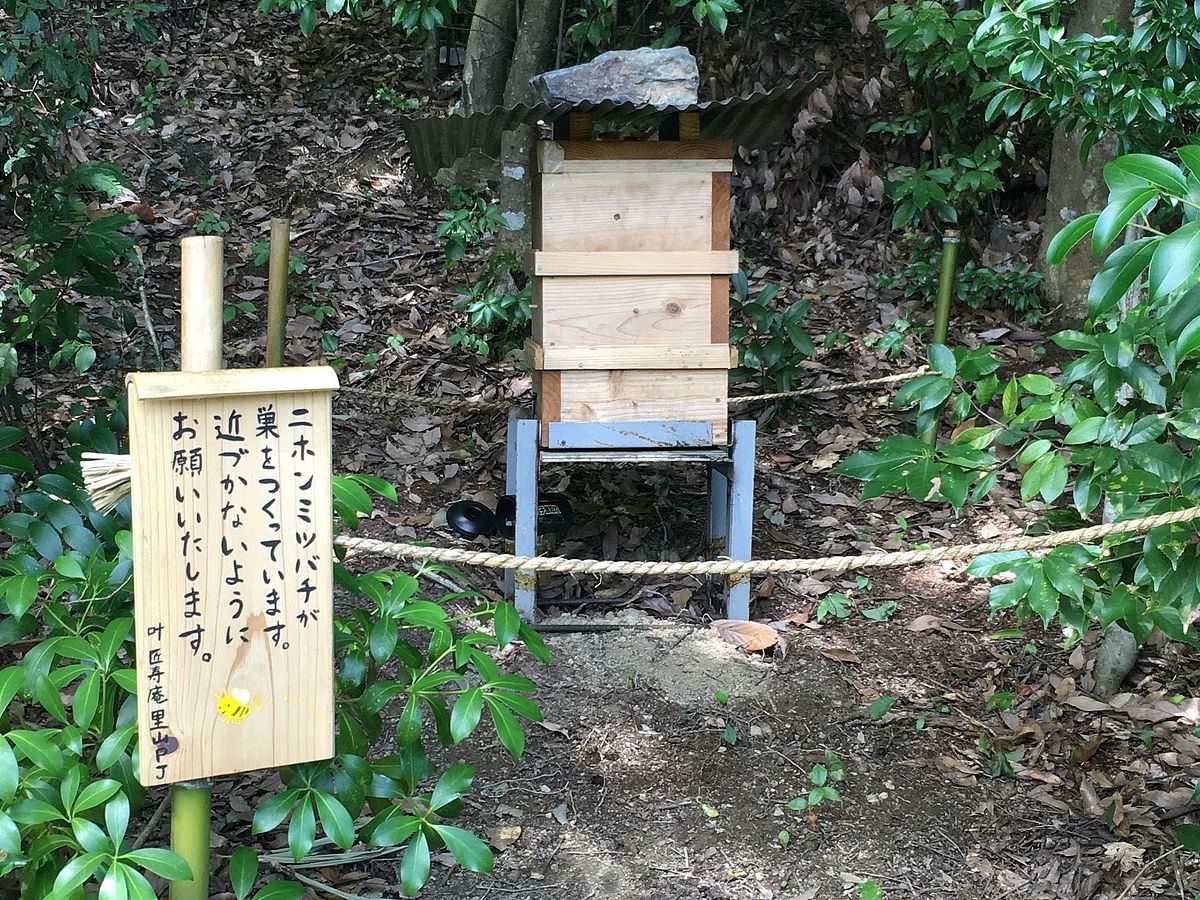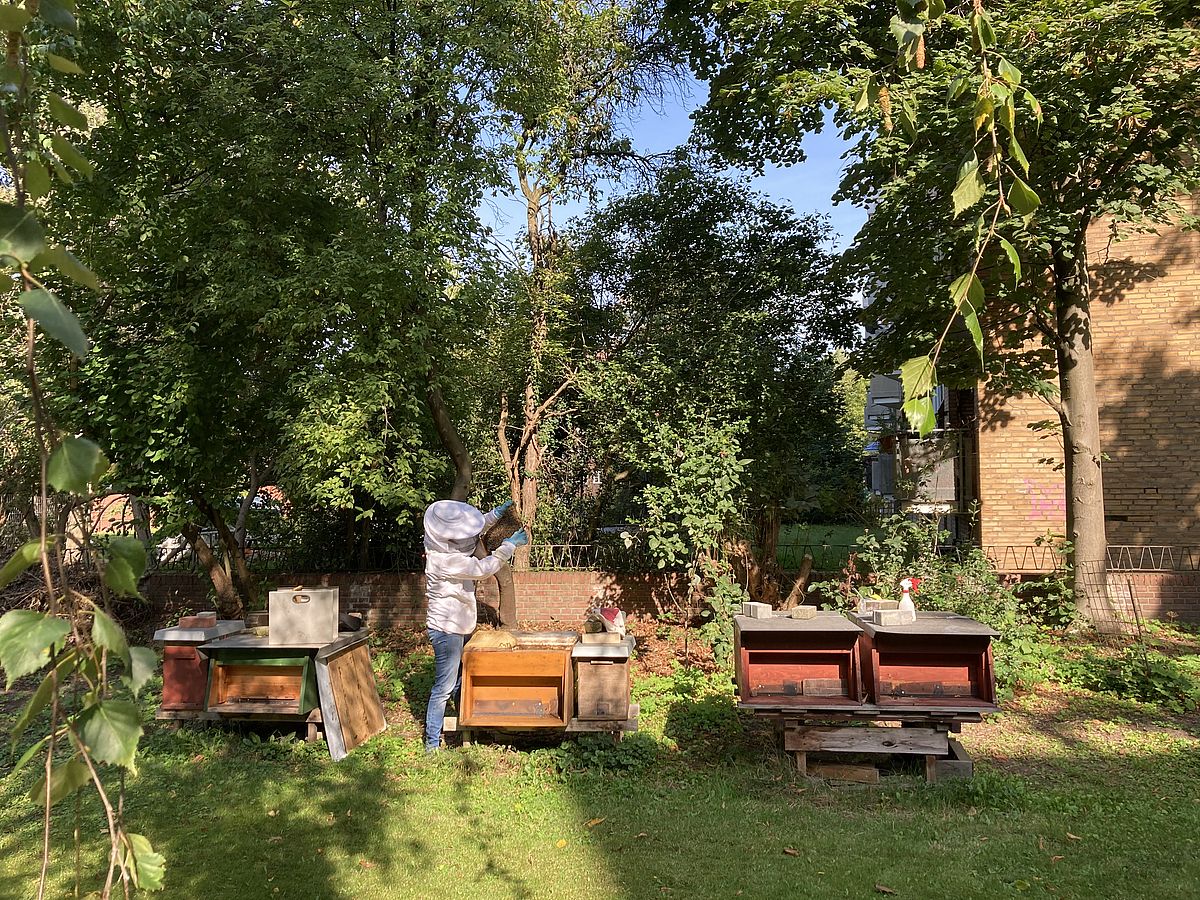BeeCultures - anthropological research on human-honeybee entanglements
Humans have been collecting honey and wax from wild honeybees for thousands of years and have developed different forms of beekeeping. All around the world, bees play an important role in mythology and have a prominent place in popular culture. Through the centuries, the honeybee has served as a metaphor for a utopian society as well as an idealized image of humankind. Today, following reports of Colony Collapse Disorder (CCD), the ecological role of the honeybee is central. The bee serves as a symbol for different ecological movements, and has been appropriated by the economy and politics for their purposes.
My research at the intersection of natural and cultural sciences, highlights the multiple connections between humans and honeybees. I want to find out about different BeeCultures constituted by the interactions between humans and honeybees. I am especially interested in the practices and perspectives of different beekeepers, but also in those of scientists, artists, politicians and other groups dealing with bees and beekeeping.
Bees are important for all of us!
Today, beekeeping is practiced in an intensive form in most industrialised countries: through standardised hives, prevention of swarming, breeding of queens, and transportation of bee colonies, beekeepers try to optimise the production of honey. In addition to the production of hive products, bees play an important role in agriculture. Especially the cultivation of fruit and vegetables as well as oilseeds is dependent on bee pollination. Since an increasing number of bee colonies are dying in the US and Europe – due to the effects of an industrialised agriculture as well as diseases and environmental stress – pollination gets increasing attention. Colony Collapse Disorder and bee health in general has evoked great media attention, and numerous initiatives aimed at the rescue of the honeybee. Maybe most significantly, after years of decline, the number of beekeepers in Germany is increasing, especially in urban areas.
Conventional and alternative beekeepers in Japan, Germany and Cameroon
In Hamburg – a hotspot for urban and bee-friendly beekeeping – I juxtapose the perspectives and practices of different schools of beekeepers and look into specific ideas and motives connected to urban beekeeping. Another research site is situated in the Central Cameroonian town of Ngaoundéré. While beekeeping in Cameroon is usually limited to providing different forms of shelter for wild swarms of bees and harvesting their honey, in Ngaoundéré, the beekeeping scene is extremely diverse. Honey trade is becoming increasingly important. In Japan, the imported Western honeybee exists in addition to the autochthonous Apis Cerana Japonica. The Japanese bee is much more peaceful than the Western bee, which allows a completely different kind of human bee interaction. Many Japanese hobbyist beekeepers experiment with different traditional techniques that are becoming increasingly popular in Germany as well. I want to evaluate in how far the practices and underlying perspectives of Cameroonian, Japanese and German beekeepers can be compared and fruitfully merged. With my research I want to contribute to a conscious and sustainable beekeeping practice in Japan, Germany and Cameroon.
Ethnographic and collaborative perspectives on bee-cultures
The research takes place over several years in Hamburg, Ngaoundéré and Kyoto. Additionally, I conduct short-term research stays at places and institutions significant or emblematic for bees and beekeeping. Throughout my research, I will collaborate with beekeepers and other ‘experts’ on beekeeping from different fields. My research will combine a range of ethnographic methods such as participant observation and qualitative interviews with an emphasis on audio-visual methods. My research will result in a book and journal articles as well as in a feature-length documentary film. The research is funded by the Eva Crane Trust and the Aurelia Foundation.
An article in which my bee research in Cameroon is discussed can be viewed here.
Films produced as part of my research can be viewed here.
A multimodal website on the sensory dimension of my research can be viewed here.
Contact
Dr. Martin Gruber
Department of Anthropology and Cultural Research
Uiversity of Bremen
Enrique-Schmidt-Straße 7
28359 Bremen
Tel: +49 0421 218 67618
gruber[at]uni-bremen.de
Duration: 10/2015 - 12/2023
Funding: University of Bremen, Eva Crane Trust, Aurelia Foundation





